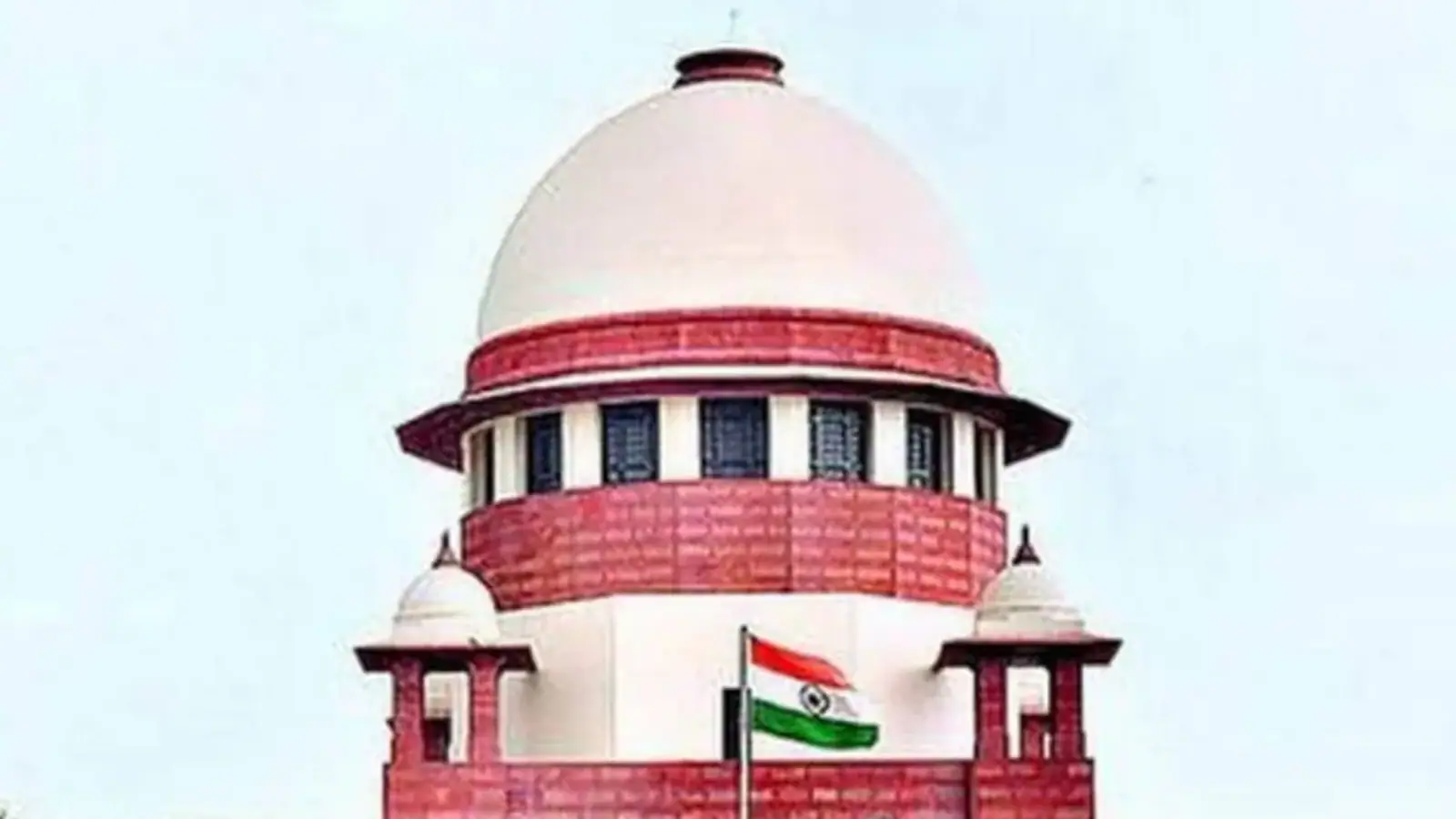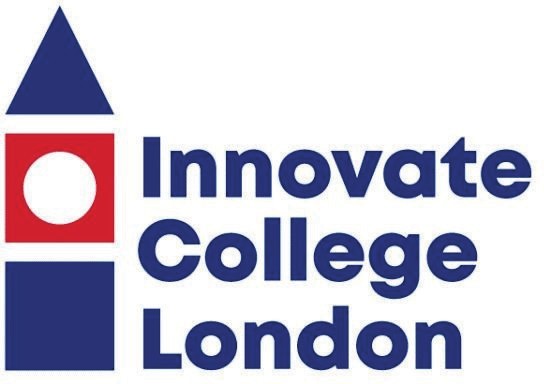Copyright news18

It is true that teenage intimacy does not care for the calendar. Teenagers hook up, make out, and do all kinds of stupid things (including getting pregnant) all the time. But should that mean that a nation’s policy and legal framework should be made solely based on their emotions, without considering the larger psychological, social, cultural, economic, and even political context? Debate rages over the proposal to reduce the age of consent from 18 to 16 under the Protection of Children from Sexual Offences (POCSO) Act, 2012, and Section 63 of the Bharatiya Nyaya Sanhita. The Supreme Court is hearing the plea. Advocate Indira Jaising and others who want the age of consent lowered argue that it would decriminalise consensual adolescent relationships and uphold privacy rights under Article 21 of the Constitution. Fair enough. But at what cost? The Union government’s affidavit cautions that it could “open the floodgates to trafficking and other forms of child abuse under the garb of assent”. The 22nd Law Commission of India’s 2023 report and child rights groups like HAQ support this view. The proposal to protect teen romances could end up seriously undermining evidence-based protection for the child. Many argue that the measure resulted in a spike in teen rapes in countries like the UK and Fiji. The Centre instead suggests guided judicial discretion (giving judges the flexibility to tailor decisions to the unique facts of a case) and better sex education. Lowering the age of consent could put youngsters at risk in a number of ways. The “progressive” step risks making teenagers more vulnerable, as most abusers are trusted figures like relatives or teachers, against whom it is very difficult for a child to speak up. NCRB data from 2020 show that 28.9 per cent of the entire child population experienced some form of sexual crime, yet only 65.6 per cent of these crimes were reported. A helpline of the NGO Childline found that 90 per cent of these abuses happen within the family. It would provide loopholes for predators. Currently, there is a thick red line that presumes minors are incapable of sexual consent. It is in line with the UN Convention on the Rights of the Child and India’s Juvenile Justice Act. Lowering it to 16 would introduce “close-in-age” exceptions (also known as the Romeo and Juliet law, which exempts young people from charges of statutory rape or sexual abuse if the age difference is small), thereby muddying prosecutions. Courts could be forced to probe “willingness”. Victim-blaming will rise. With NCRB 2023 data showing 89 per cent of rapes involve known perpetrators, lowering the consent age could legitimise grooming. Britain is brimming with examples of Pakistani Islamist grooming gangs, with traffickers claiming sex with 13-, 14-, 15-year-olds was “consensual”. In India, it could embolden honour-based or caste-fuelled sexual assaults. A case-by-case scrutiny could stress out the already overburdened judiciary. Already, the conviction rates are abysmal, a mere 12.4 per cent for juveniles under the POCSO Act in 2018-2022. Then there is biology. Neuroscience shows the prefrontal cortex, nature’s risk assessment button, does not fully develop until 25. High impulsiveness and emotional malleability make teens ripe prey for manipulation when it comes to consent. The fact that sex education in India is sketchy—only 20 per cent of the schools comply—does not help things. Teenage pregnancies could rise. India’s adolescent fertility rate, which now stands at 23 births per 1,000 girls aged 15-19, according to the National Family Health Survey-5, could increase. The Philippines did the opposite and benefitted. It raised the age of consent from 12 to 16 in 2022. Teenage pregnancies dropped by 8.6 per cent. Lowering the age would sideline parents and lead to stigma, isolation of the girl child, and greater school and college dropouts. And most worryingly, it could prove to be a dark, slippery slope. There could be demands to lower the age of marriage and consuming adult content. And it would certainly boost child trafficking by giving prostitution rings the “consent” loophole. Light, in the matter of teenage sexuality, will come not through the cracks of a broken law but from the window of better education. Abhijit Majumder is the author of the book, ‘India’s New Right’. Views expressed in the above piece are personal and solely those of the author. They do not necessarily reflect News18’s views.



